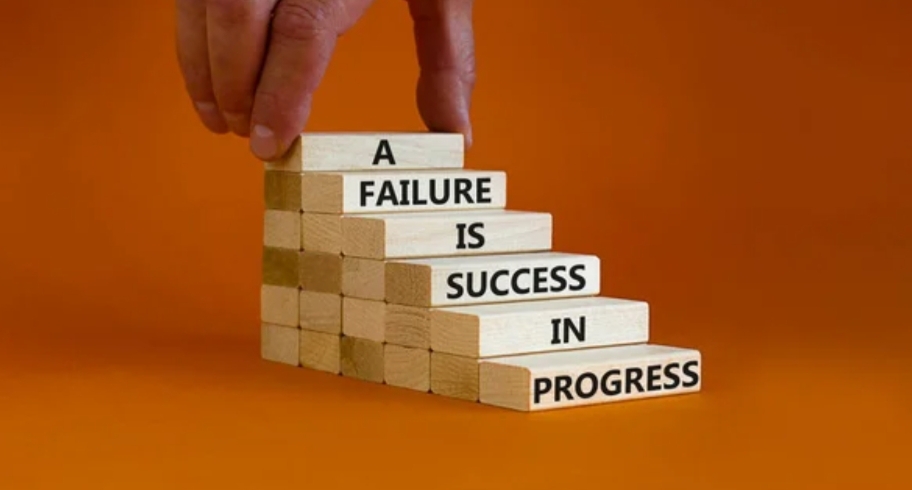
We’ve all been there. You have a brilliant idea in a meeting, but you wait just a second too long to speak, and someone else says it first. Or perhaps you’ve wanted to start a business, but the “perfect time” hasn’t arrived in three years. Hesitation is undoubtedly one of the biggest hurdle in our path to success.
Hesitation isn’t just a pause, it’s often a thief. It steals opportunities, kills momentum, and breeds regret. To succeed, you don’t need to be fearless, you just need to be decisive.
Why We Hesitate
Hesitation is rarely about a lack of energy. It’s a defense mechanism. Understanding why your brain hits the brakes is the first step to overriding it:
- The Perfectionism Trap: Believing that if it isn’t flawless, it isn’t worth doing.
- Analysis Paralysis: Overthinking every possible outcome until the window of opportunity closes.
- Fear of Judgment: Worrying more about what others will think of a failure than what you’ll think of your own success.
Strategies to Break the Cycle
Success belongs to the doers, but doing requires a system to bypass doubt. Here are three proven ways to stop stalling:
1. The 5-Second Rule
The moment you have an instinct to act on a goal, count backward: 5-4-3-2-1-GO. Counting distracts your brain from coming up with excuses and physically moves you into action before your inner critic can wake up.
2. Embrace the 70% Rule
Jeff Bezos famously uses this at Amazon. If you wait until you have 90% or 100% of the information, you’re being too slow. Most decisions should be made with about 70% of the information you wish you had. If you’re wrong, you can pivot but if you wait for 100%, you’ve already lost.
3. Reframe Failure as Data
Stop viewing a wrong move as a catastrophe. In the world of high achievers, failure is simply feedback.
The Cost of Doing Nothing
It’s easy to weigh the risks of taking action, but we rarely calculate the cost of inaction. Ask yourself:
- Where will I be in a year if I don’t do this?
- How much energy am I wasting by thinking about this instead of doing it?
Success isn’t reserved for those with the most talent, it’s often grabbed by those who move while others are still checking the weather. Hesitation is a habit, and like any habit, it can be broken with practice. Start small, act fast, and remember that done is better than perfect.









